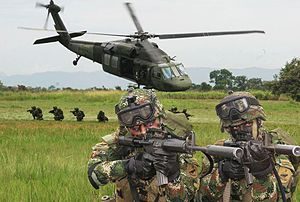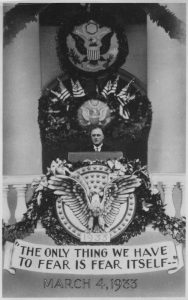Asking the Right Questions About U.S. International Broadcasting
By Matthew Wallin & Jed Willard
Published on-line in The Diplomat on June 03, 2014
[An excerpt is reprinted here, see the original source at thediplomat.com for a complete reading.]
Congress is currently examining the government’s role in international news broadcasting, but are they asking the right questions?
The House Foreign Affairs Committee recently passed a bill to reform the U.S. Government’s international broadcasting apparatus. There have been issues with America’s international broadcasting for years, and the legislation makes long needed management adjustments that will streamline processes and generally enhance the official American voice around the world. But while there are many good things in the bill, it brings to mind the open question as to why America has international broadcasters in the first place.
On one hand, public diplomacy, which includes international broadcasting, is intended to build relationships and advertise our nation’s purpose, ideals, culture, and exceptionalism. On the other hand, public diplomacy also supports, explains, and defends foreign policy in an effort to achieve specific goals.
These are both perfectly rational objectives for public diplomacy and for the nation. But do they conflict? Does the U.S. want its state broadcasters to serve as independent journalists providing objective news coverage for populations otherwise subjected to nothing but propaganda and conspiracy theories? Or does it expect its state-funded broadcasters to strictly advocate U.S policy? Are these choices mutually exclusive?
Can Voice of America be assigned, for instance, to produce – as worded in the pending legislation – “accurate, objective, and comprehensive news and related programming that is consistent with and promotes the broad foreign policies of the United States?” Or is that asking the impossible – assigning an entity to perform two potentially opposing tasks? To examine the potential complications, let us consider VOA’s assignment in depth.
…
Read more at thediplomat.com
Matthew Wallin is a fellow specializing in public diplomacy at the American Security Project [external link]. Jed Willard is the Director of the FDR Center for Global Engagement at Harvard College.


 A meeting between professors from three universities and a senior team of public diplomacy professionals from the State Department. Part of the “Defense of Democracy” program.
A meeting between professors from three universities and a senior team of public diplomacy professionals from the State Department. Part of the “Defense of Democracy” program.